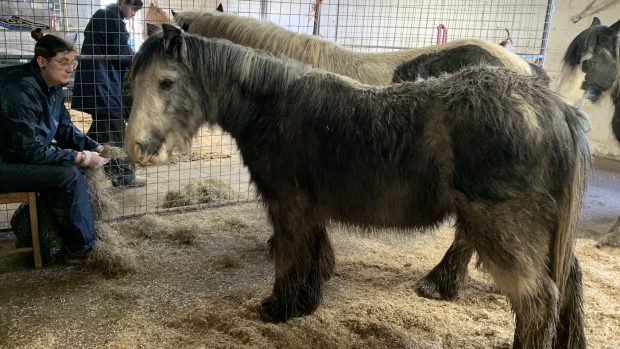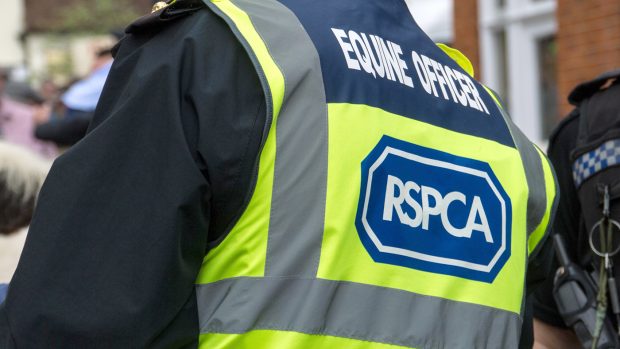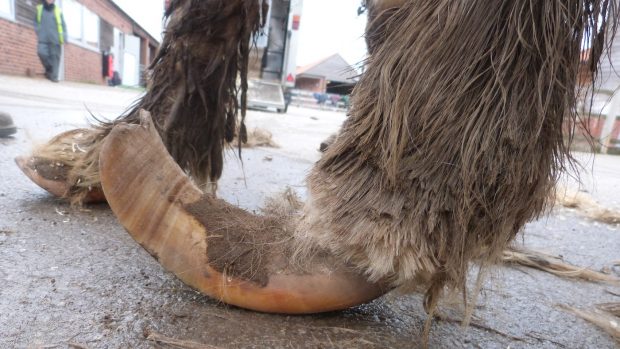Equestrian bodies are concerned that a new 12-member board of non-government experts appointed to develop health and welfare policy in England may not include a horse expert.
Agriculture Minister Jim Paice announced last week (Tuesday, 26 April) that Defra is creating an Animal Health and Welfare Board for England.
This had been proposed by an independent advisory group charged with considering ways to manage disease among livestock and horses in the UK, after plans for an unpopular horse tax were scrapped.
The board will comprise five Defra members, including the chief veterinary officer, and seven or eight external members, including the chairman.
Professor Tim Morris, who represented the equine sector on the advisory group, said: “It is absolutely vital that the board includes at least one member with an in-depth knowledge and understanding of the horse sector, which in many ways is in a unique position.”
But Mr Paice said there is not capacity for a specific representative of each sector and panel members will have to show broad knowledge.
The panel will bring together farmers, vets and welfare experts, with the chief veterinary officer to make policy for all kept animals, including farm animals, horses and pets. Its primary role will be disease control.
Mr Paice told H&H: “This replaces the old ways of working, where the people most affected by decisions were kept at arm’s length from policy making.”
Final policy decisions will remain in the hands of ministers.
Equine charities said they were concerned about how the board, solely for England, will work with devolved administrations.
Roly Owers of World Horse Welfare said: “The response is short on details on how the key interests of the equine industry will be addressed and the role of the board when outbreaks of animal disease occur.
“A board that meets six to 10 times a year will not be able to have any meaningful input in a serious disease outbreak.”
A chairman will be appointed by June and applications for the other posts are invited now. The board will be in place by the end of the year, said Mr Paice.
This news story was first published in the current issue of Horse & Hound (5 May, 2011)




